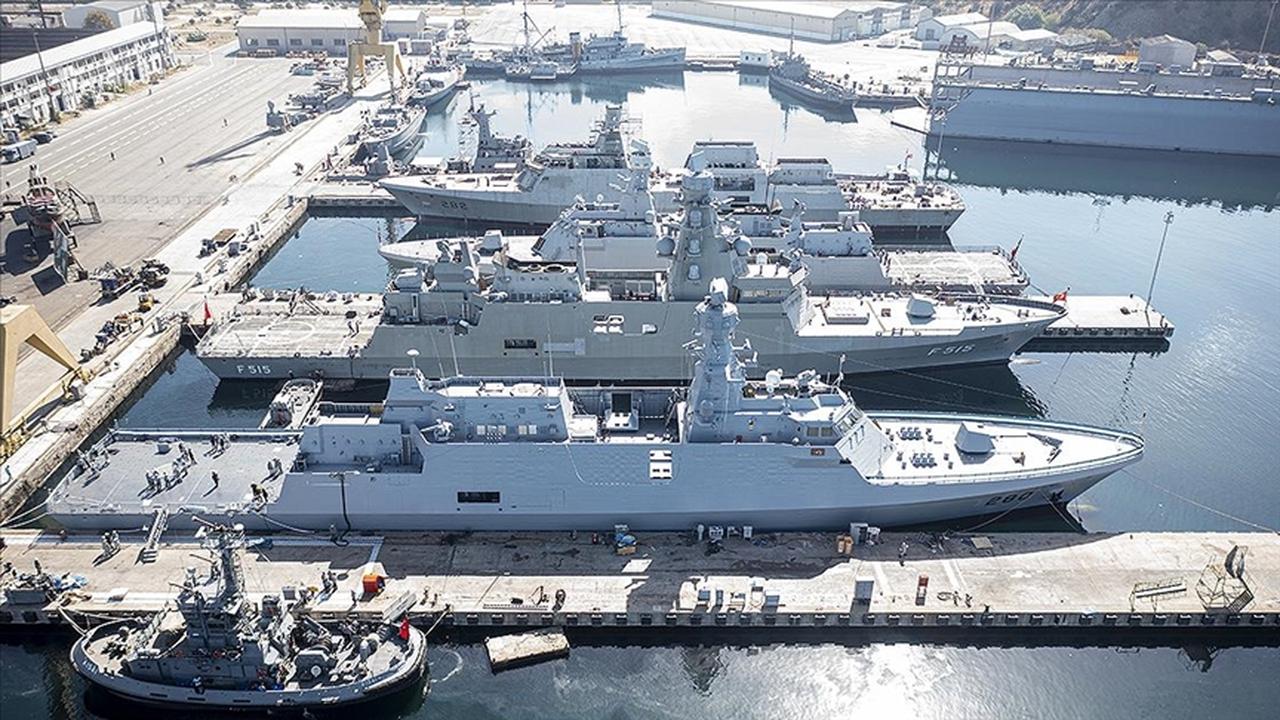
Türkiye is simultaneously constructing 31 warships equipped with indigenous weapons and systems at civilian and military shipyards, demonstrating the country's advanced naval construction capabilities and strategic shift toward global maritime power projection.
The announcement came during the 12th Naval Systems Seminar held at the Istanbul Naval Museum on May 26-27, where senior Turkish naval and defense industry officials outlined the scope of ongoing maritime projects and future strategic vision.
Rear Adm. Gokcen Firat, Türkiye's first female admiral and head of defense planning and project management, described the transformation of Turkish naval strategy during her keynote presentation.
"The Republican Navy was initially responsible for protecting our coasts and straits. This vision has now evolved toward a navy capable of medium-scale global power projection. Actually, this vision change was essential considering our geography," Firat stated.
She emphasized that Türkiye's strategic position requires adaptation to global changes: "We are in such a strategic conjuncture that it seems like the world is changing its shell, and how quickly we emerge from this process depends on how much we exist in the seas."
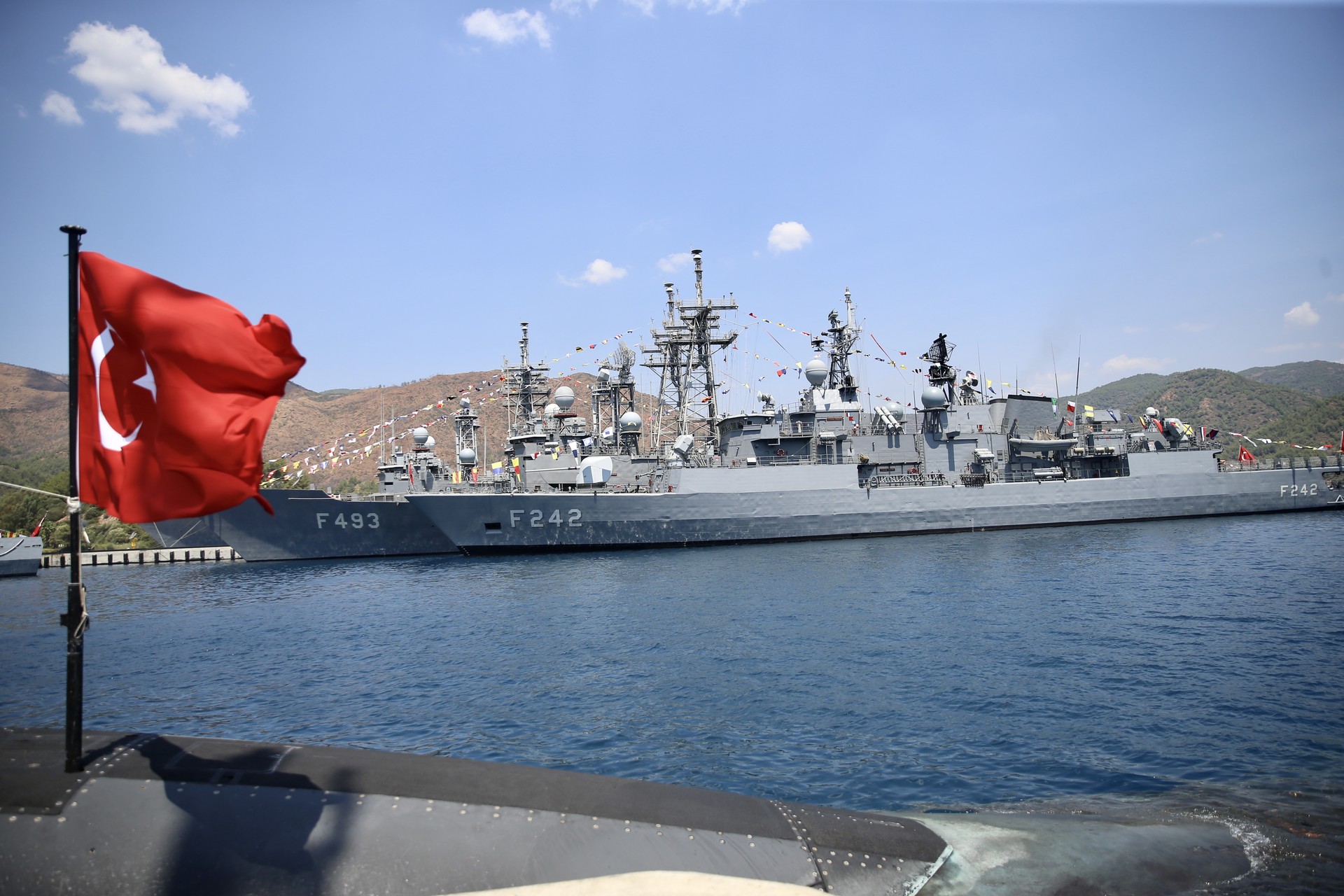
ASFAT Deputy General Manager Serdar Umit Tezeren provided detailed updates on multiple naval construction programs during the seminar.
The Pakistan MILGEM project, signed in 2018 and launched in 2019, represents one of the largest single defense industry contracts. The project involves constructing four ships, with two built at Istanbul Shipyard and two at Karachi Shipyard. The first ship, PNS Babur, was delivered in 2024, while the second ship Khaibar, is undergoing sea acceptance tests with delivery planned for August.
Regarding the Open Sea Patrol Ship (ADKG) project developed for Turkish naval forces requirements, Tezeren announced that TCG Akhisar is undergoing sea acceptance tests while TCG Kochisar continues harbor acceptance tests.
"If there are no delays in the project schedule, we foresee delivering Akhisar to the Naval Forces Command in August 2025 and Kochisar in March 2026," Tezeren stated.
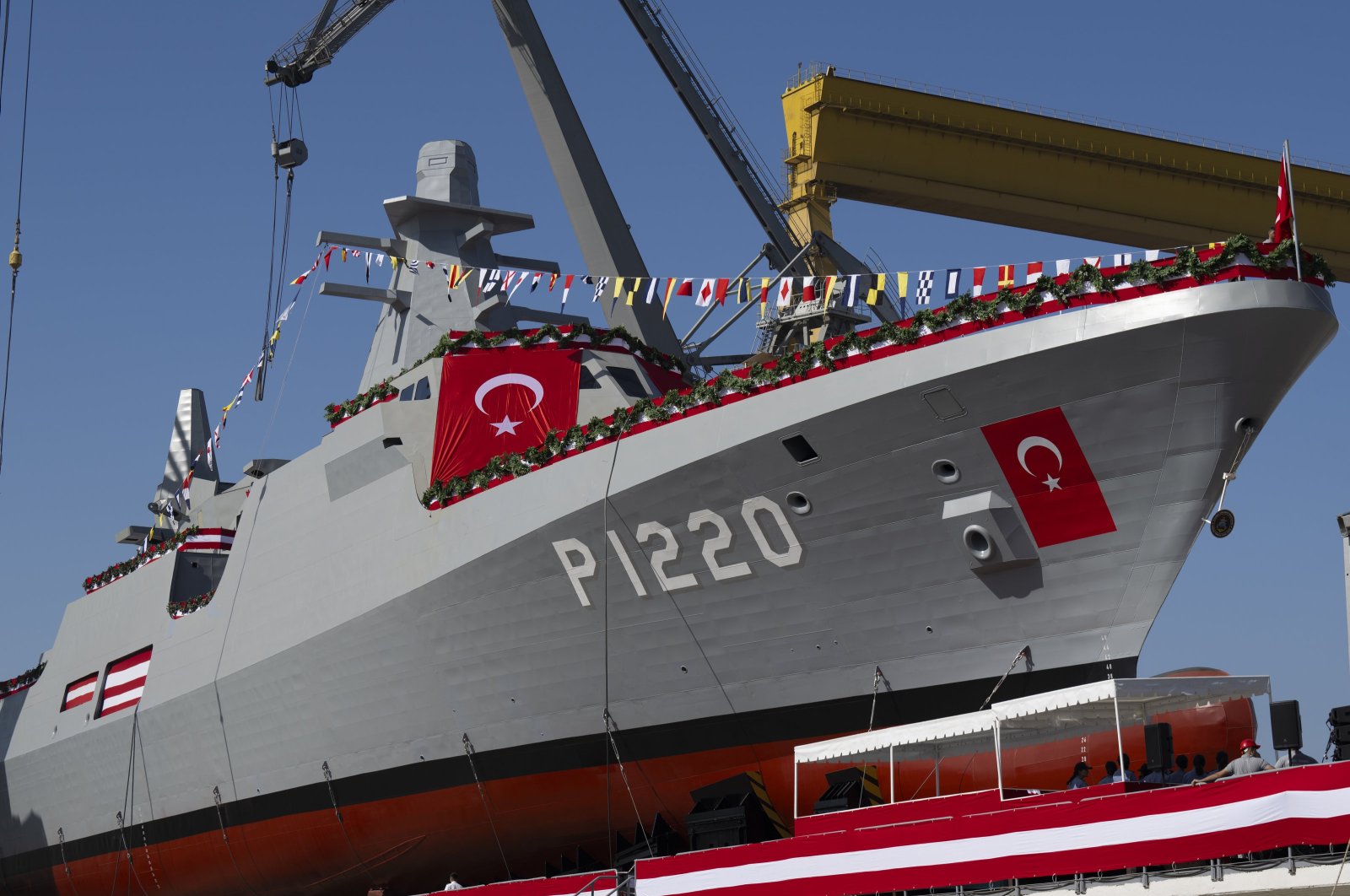
The TF2000 Air Defense Destroyer design work continues rapidly under a contract signed with the Defense Industry Presidency.
Phase-1 work proceeds at the Naval Forces Command Project Design Office, including model experiments, classification, 3D production model creation, degaussing, main propulsion system, combat management system integration, and design activities.
Following a May 13 Defense Industry Executive Committee decision, ASFAT will also conduct Phase-2 work for the TF2000 program.
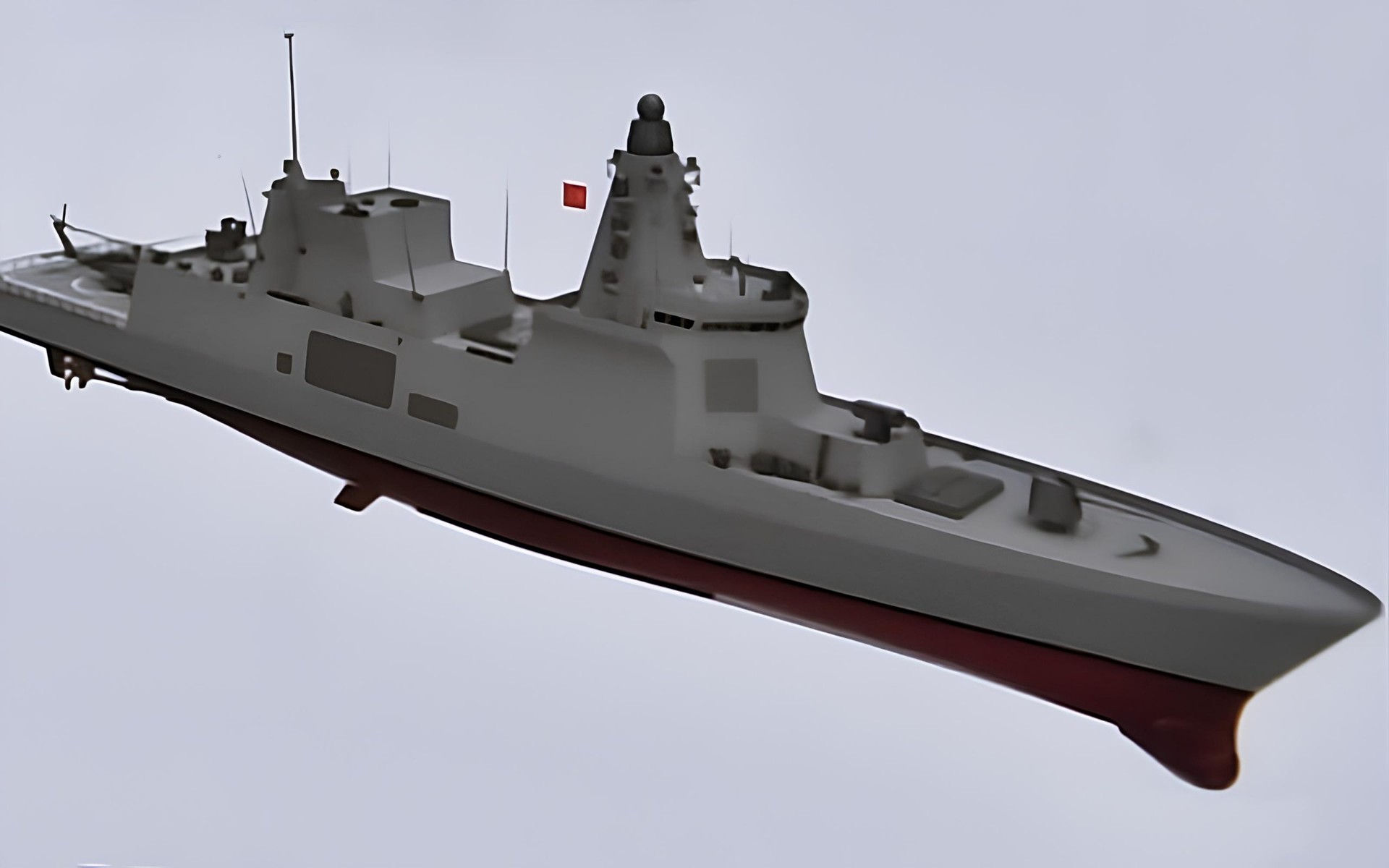
The MILDEN National Submarine Project continues with close cooperation between ASFAT and the General Directorate of Shipyards. Based on the May 13 Defense Industry Executive Committee decision, preparatory work continues for the company's assigned role in this strategic program.
Additionally, preparation work for the MUGEM project includes developing national design office infrastructure capabilities.
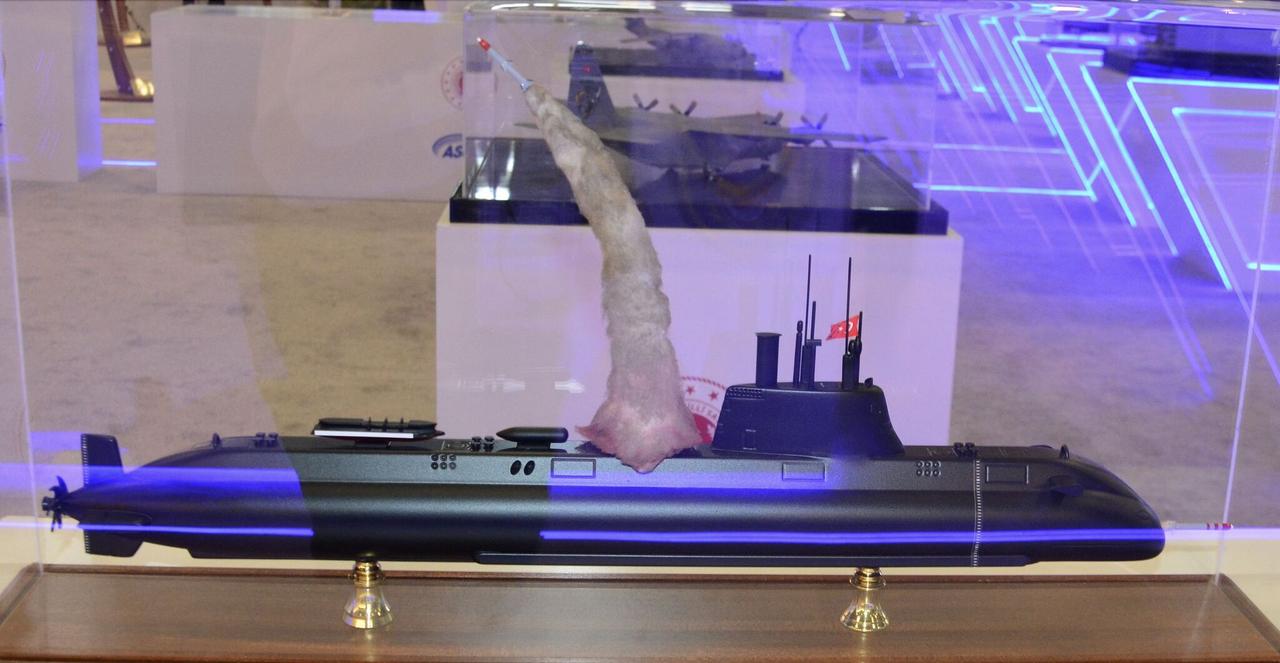
ASFAT has initiated construction of submarine floating docks to meet shipyard requirements, including 10,000-ton capacity (Izmir) and 3,000-ton capacity (Golcuk) facilities. Construction work also continues on two additional 10,000-ton floating docks for renovation and maintenance of existing facilities.
Northern Sea Area Commander Vice Admiral Mustafa Kaya emphasized the importance of indigenous defense capabilities during his address to seminar participants.
"Past and recent history have taught us through experience what bitter consequences a war industry dependent on foreign countries can bring for the survival of the country. Developing naval power with domestic and national defense industry is extremely important for liberating our Naval Forces from foreign dependency and being able to act independently in the Blue Homeland," Kaya stated.
He highlighted the goal of possessing indigenous systems that enable modern technology use in operational areas: "Our main objective as Naval Forces is to have domestic and national systems that will enable the use of contemporary technology in the operational field. Our essential goal is to have armed forces that are not dependent on foreign countries and are equipped with high technology."
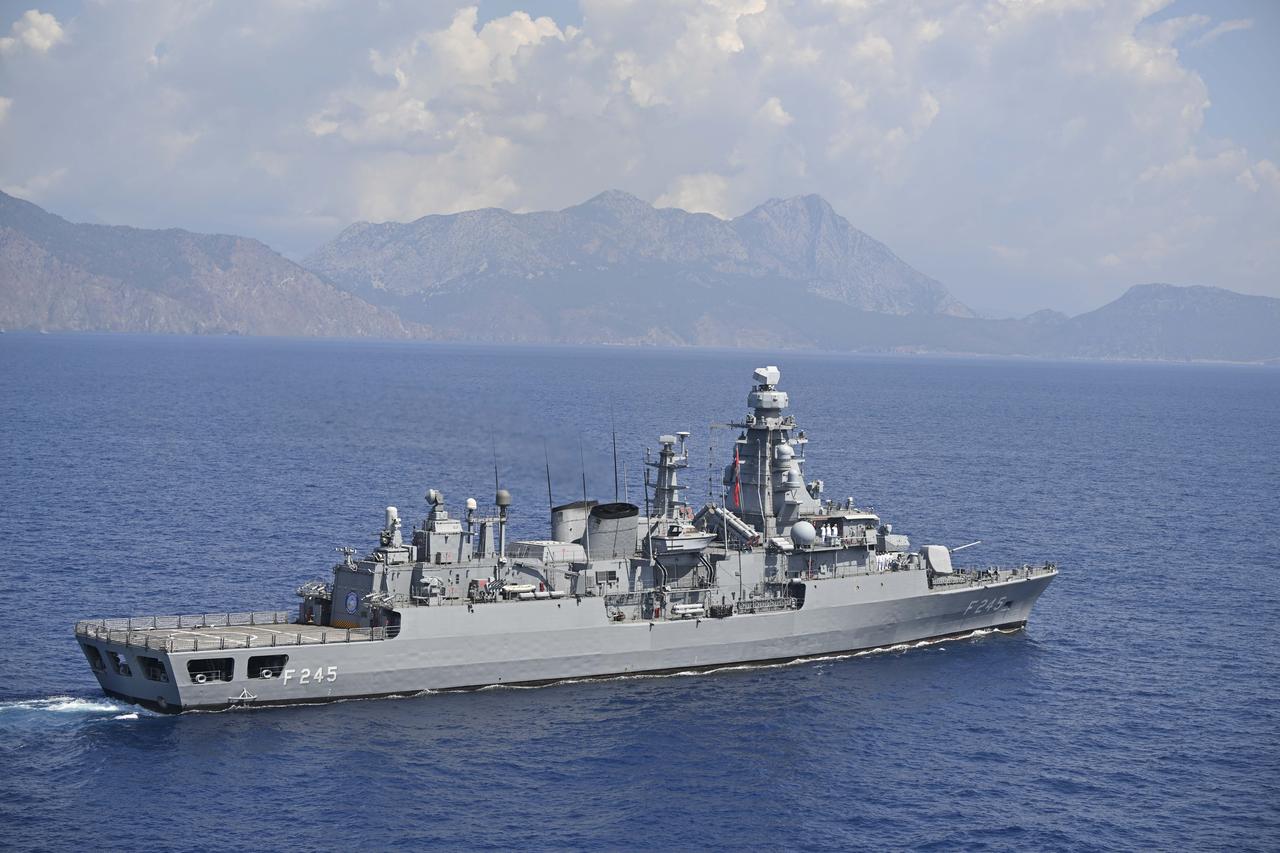
Admiral Firat noted Türkiye's advantageous position compared to other nations during current global transitions.
"We are fortunate in this sense. Many countries in Europe were caught unprepared for this process, but we were quite prepared thanks to our defense industry. If we combine this with the vision and understanding that our future lies in the seas, it is obvious that we will emerge from this transformation as a very strong country," she observed.